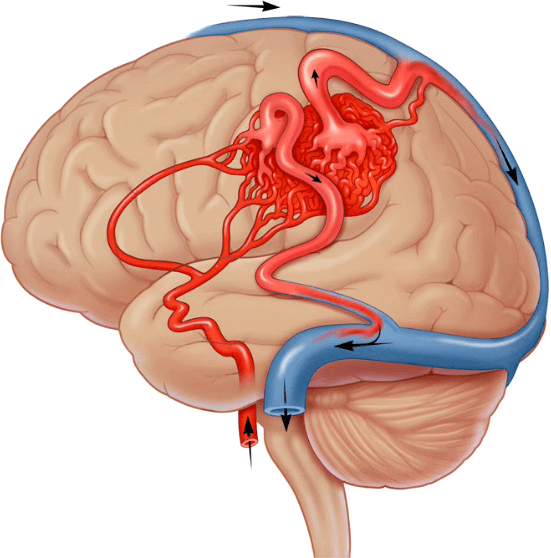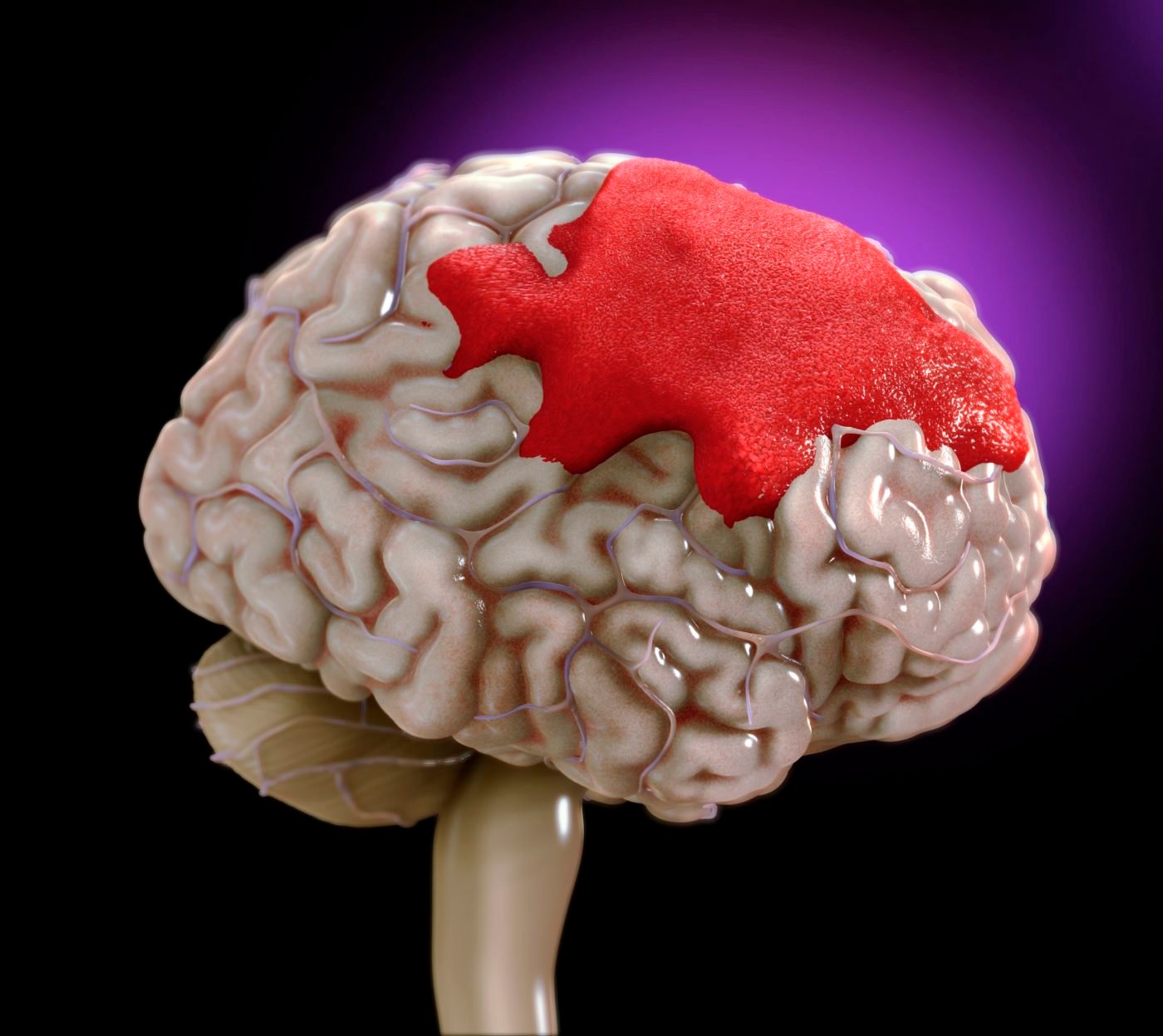Brain haemorrhage, a severe medical condition, occurs when there is bleeding in or around the brain due to ruptured blood vessels. This condition demands immediate attention as timely care can save lives. Understanding the symptoms and acting quickly can prevent fatal outcomes or long-term complications.
What is Brain Haemorrhage?
A brain haemorrhage refers to bleeding in the brain tissues, surrounding areas, or between layers of the brain. It can result from an injury, high blood pressure, or medical conditions like aneurysms, which cause blood vessels to rupture. When the bleeding occurs, it puts pressure on brain tissues, damaging them.
Symptoms to Watch For
If you or someone around you experiences the following symptoms, seek medical help immediately:
Sudden Severe Headache
A severe, sudden headache often described as “the worst headache ever” can be a warning sign of bleeding in the brain.
Weakness or Numbness in Arms or Legs
Difficulty moving limbs or sudden weakness on one side of the body indicates neurological issues due to brain haemorrhage.
Difficulty Speaking or Understanding
Trouble with speech, slurred words, or the inability to comprehend language might be caused by bleeding affecting speech centers.
Loss of Balance or Coordination
Issues with balance, dizziness, or unsteady walking can result from brain damage due to bleeding.
Seizures or Unconsciousness
Severe cases of brain haemorrhage may lead to seizures or loss of consciousness.
Don’t Ignore the Warning Signs
Recognizing these symptoms early is crucial. Delays in seeking medical attention can result in worsening of brain damage, long-term disability, or death. Immediate diagnosis through CT or MRI scans helps doctors assess the severity of the condition and provide life-saving treatment.
Risk Factors of Brain Haemorrhage
High Blood Pressure: Chronic hypertension weakens blood vessel walls, increasing the risk of rupture.
Head Injury: Traumatic brain injuries due to accidents can cause internal bleeding.
Aneurysms: Bulging weak spots in blood vessels may burst, leading to haemorrhage.
Blood Disorders: Conditions like hemophilia or sickle cell anemia affect blood clotting.
Lifestyle Factors: Smoking, excessive alcohol, and drug abuse elevate the risk.
Why Timely Care Matters
When a brain haemorrhage occurs, the bleeding can rapidly increase pressure in the skull, restricting blood flow to other parts of the brain. Immediate care is essential to:
Stop the bleeding
Reduce brain swelling
Relieve pressure on the brain
The faster a person receives medical intervention, the better their chances of survival and recovery.
For Consultation
If you suspect a brain haemorrhage or require expert neurological care, consult Dr. Dilip S. Kiyawat, an experienced neurosurgeon.
Conclusion
Brain haemorrhage is a critical condition, but timely recognition of symptoms and immediate medical care can significantly improve outcomes. Always stay aware of the warning signs and do not hesitate to seek emergency care.
Remember: Timely Care Can Save Lives!








